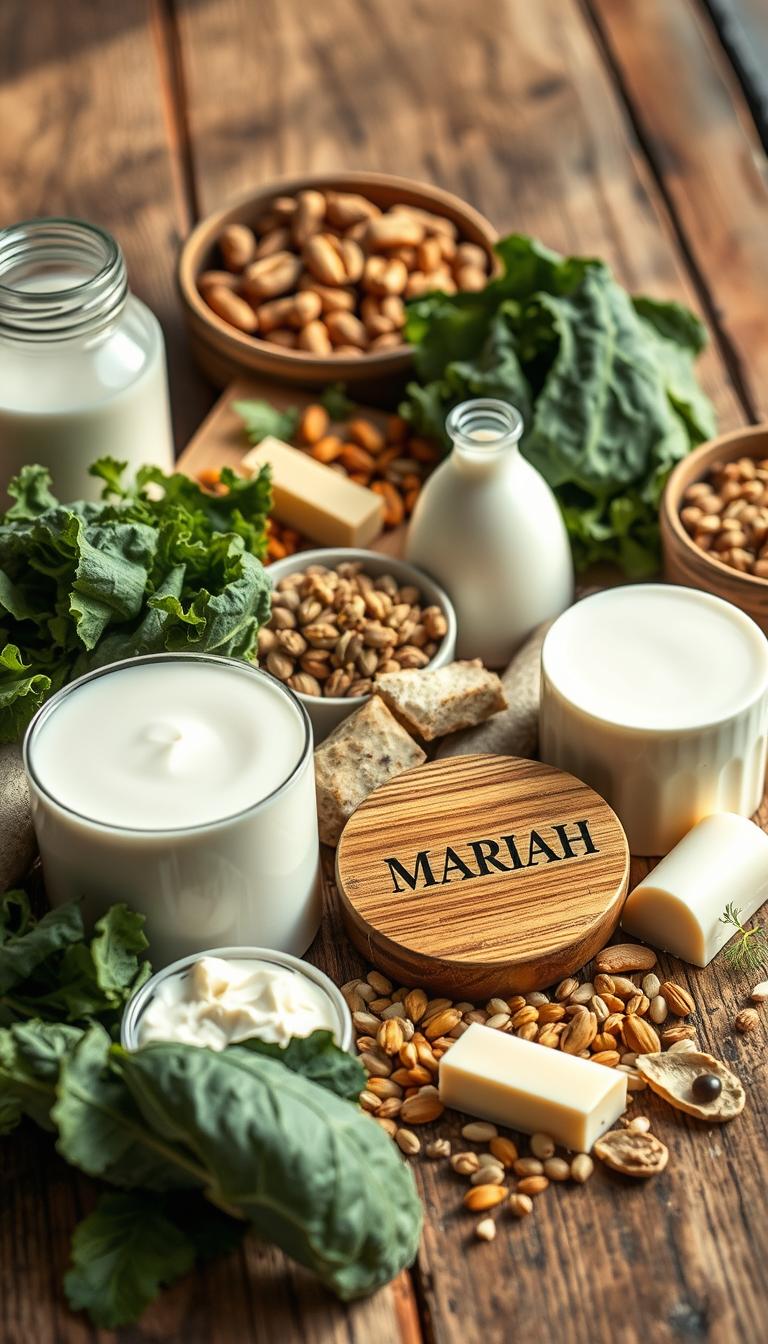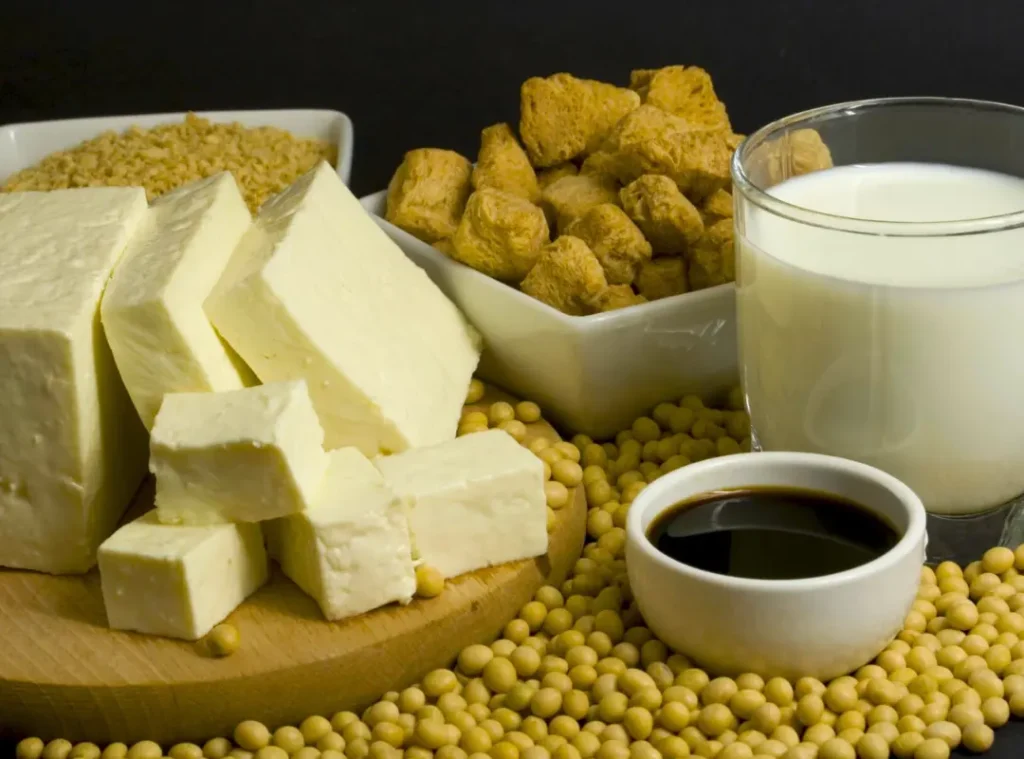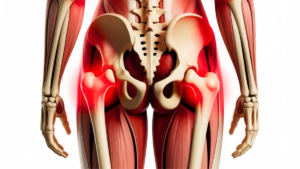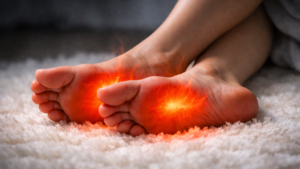
Isoflavones: Where to Find Them, How to Take Them, and the Ideal Dose During Menopause
Isoflavones have become one of the most promising natural alternatives for menopause. With estrogen-like action, they help relieve hot flashes, insomnia, skin dryness, and even support bone strength, muscle mass, and blood sugar balance.
But where exactly can you find isoflavones? What’s the best way to consume them? What’s the right daily dosage? And what does science say about their effectiveness? In this article, we’ll answer all these questions based on clinical research.
Isoflavones in Menopause: Benefits for Bones, Blood Sugar, Muscles, and Skin
During menopause, a woman’s body undergoes significant hormonal changes that directly impact bone health, metabolism, muscle mass, and even skin appearance. As estrogen levels decline, it’s common to experience bone density loss, blood sugar imbalances, muscle weakness, and skin thinning and dryness.
In this context, isoflavones natural compounds found primarily in soy emerge as a powerful natural alternative to hormone therapy, offering a range of science-backed benefits.
1. Isoflavones and Osteoporosis Prevention
Osteoporosis is a major concern during and after menopause. Estrogen plays a crucial role in maintaining bone density, and its decline accelerates calcium loss and bone fragility. Soy isoflavones, due to their estrogen-like action, can help:
- Maintain bone mineral density
- Reduce bone loss over time
- Support bone remodeling balance
2. Isoflavones and Blood Sugar Control
Hormonal shifts in menopause often lead to changes in how the body processes insulin, increasing the risk of type 2 diabetes. Isoflavones may support metabolic health by:
- Improving insulin sensitivity
- Lowering fasting blood glucose levels
- Naturally supporting glucose regulation
- Maintaining Muscle Mass During Menopause
Sarcopenia the age related loss of muscle mass tends to accelerate after menopause, leading to reduced strength, mobility, and metabolic rate. Isoflavones can help by:
Preserving lean muscle mass. Reducing inflammation linked to muscle degradation
Supporting protein synthesis, especially when combined with resistance training and adequate protein intake
4. Isoflavones and Skin Health
Skin aging is another common issue during menopause. The drop in estrogen affects collagen production and skin hydration, leading to wrinkles, dryness, and loss of elasticity. Isoflavones have been shown to:
- Stimulate collagen production
- Enhance skin hydration and firmness
- Reduce fine lines, improving overall skin appearance

Where Are Isoflavones Found in Nature?
Isoflavones are natural phytoestrogens, mostly found in legumes. The richest dietary sources include:
- Soy (Glycine max) – the most studied and potent source
- Soy-based foods: tofu, tempeh, soy milk, miso
- Chickpeas
- Beans and peas
- Alfalfa
- Red clover (Trifolium pratense) – commonly used in supplements
Among all, soy provides the highest concentration and bioavailability of isoflavones, especially two powerful compounds: genistein and daidzein.

How to Take Isoflavones: Food vs. Supplements
You can get isoflavones either through a natural diet or by using standardized supplements:
- Dietary intake: A serving of soy products provides around 20–40 mg of isoflavones, enough for mild to moderate effects.
- Supplements: Ideal for consistent symptom relief or for women who don’t consume soy regularly. Available in capsules, tablets, or powder form.
Recommended Daily Dose of Isoflavones
The optimal dose depends on your goal—relieving menopause symptoms, supporting bone health, skin, etc. But clinical studies suggest:
- A safe and effective daily dose is 40–80 mg of soy isoflavones
- Some treatments may reach up to 100 mg/day, but always under medical supervision

Conclusion: A Safe and Natural Option for Menopause Relief
Isoflavones are a natural, science-backed solution for women looking to manage menopause symptoms without immediately resorting to hormone therapy. Whether through a soy-rich diet or concentrated supplements, they offer support for bone health, blood sugar balance, muscle maintenance, and skin vitality.
Scientific Studies Supporting Isoflavones
Here are key studies that confirm the benefits of isoflavones during menopause:
- Messina M. (2014) – “Soy foods, isoflavones, and the health of postmenopausal women” – The American Journal of Clinical Nutrition
Shows that 50–100 mg/day of isoflavones can reduce hot flashes and support bone density. - Ma DF et al. (2008) – Meta-analysis published in European Journal of Clinical Nutrition
Concludes that isoflavone intake improves cholesterol levels and cardiovascular health. - Taku K et al. (2011) – Systematic review in Menopause Journal
Confirms efficacy in relieving vasomotor symptoms like hot flashes and night sweats. - Rossi M et al. (2022) – Double-blind placebo-controlled trial in Nutrients
Demonstrates skin benefits such as improved hydration and elasticity with genistein supplementation.
Photos: Yandex Author: Dr. Vilma Mendonça – Pharmacist







1 Comment
[…] https://mariahchic.com/menopause/isoflavone-for-menopause […]